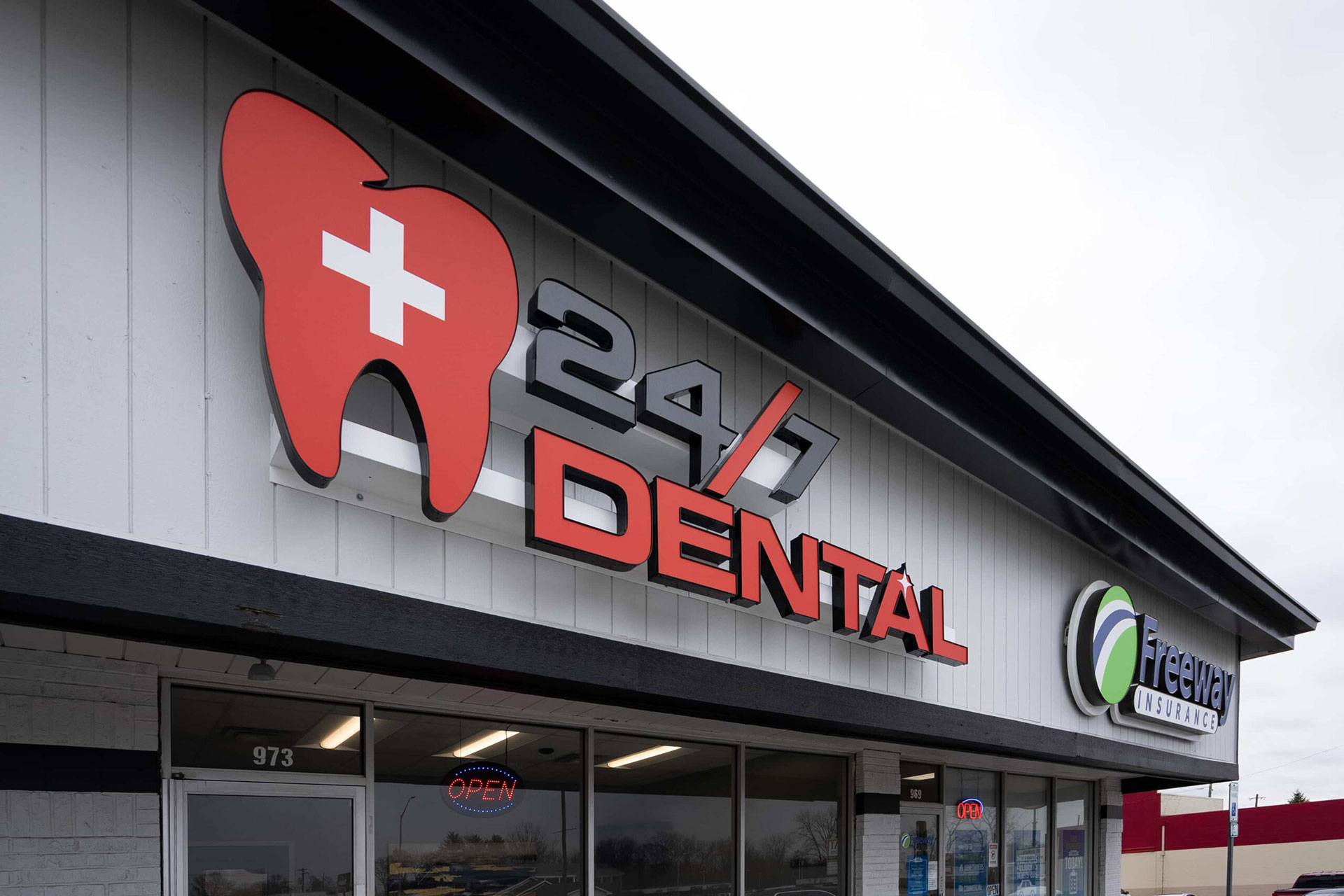Did You Know Your Dentist Has ‘Secret Powers’?
March 29, 2024
You probably associate your routine visits to our friendly family dentist at 24/7 Dental with a thorough cleaning and exam, reminders about brushing and flossing, and hopefully only the occasional…
Read More
